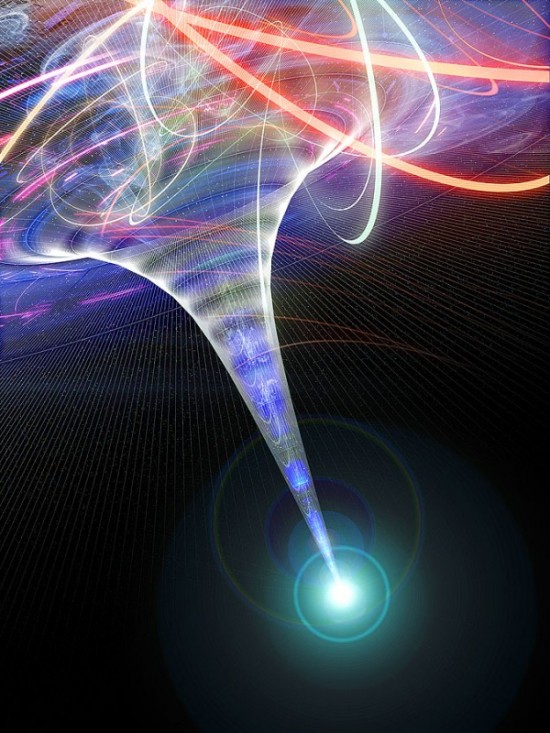F
fide
Guest
I would recommend, before theoretical physics, you look into the wisdom of the saints, and the life of prayer. Truth is in God - not in theoretical physics. Prayer is communion with Him, who is all wisdom and truth. In prayer you can meet Him, in ever-growing closeness and intensity, if you persevere, and grow in the life of grace.That sounds super interestingIf I ever get the money I might buy the book, now I want to read more about that. Thanks ! I am still not sure how can the future be predicted, if it is just a physical reality and not this “arrow” type system
Here’s a (free) book that can help you begin - you can read it on-line or download it:
http://www.ourladyswarriors.org/saints/3ways.htm


